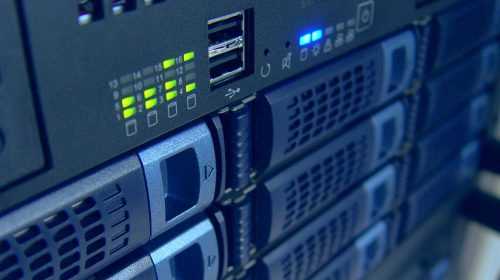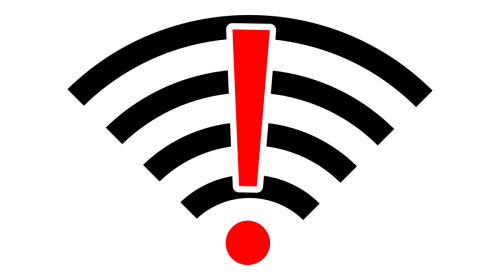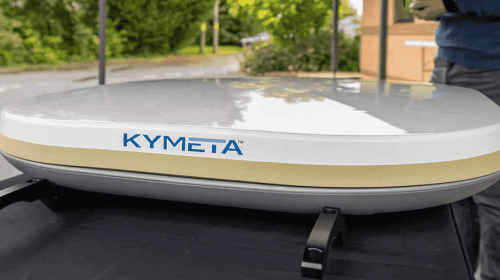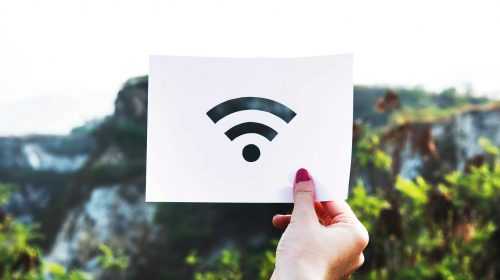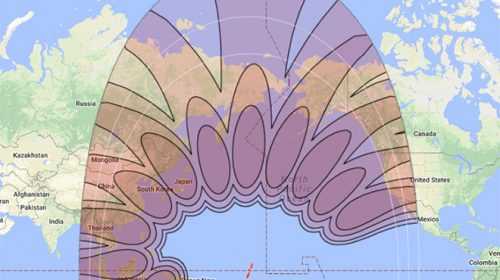Ghana communications are improving but the requirement for satellite communication channels is still strong for mobile users and people who require access to the Internet in remote outposts
Ghana communications
The Ghana PSTN is run by Ghana telecom and has a reputation for being reasonably reliable but the mobile phone is the most popular form of communication media. The first mobile communications network was installed in 1992 and in that first year subscribers numbered 19,000 and that number has been increasing dramatically year on year. The latest figures show that there are over 6 million mobile subscribers and out of a population of just 24 million that’s a big percentage of the people. Mobile subscriptions are expected to continue to rise and this provides ample opportunity for new business in this growing economy. In the mobile technology marketplace MTN is the market leader with 50%, TiGo (23%), Vodafone Mobile (15%), Zain (9%) and Kasapa has 1%. Fixed Network operators hold the remaining 2% subscriber base.
The Government of Ghana has instigated many new projects to improve and update the communications infrastructure for the Ghanaian people, these include:-
- Digital Switchover
- SIM Card Identification
- Broadband Wireless Access
- Mobile Number Portability
- Infrastructure Licence
The Government has also been auctioning of licences for the Telecommunications Services (Data Networks) include the following:
- Internet Data Services
- Public Data Services
- Value Added Services
- Private/Corporate Data Network
- Public Paging Services
- Prepaid Calling Card Services
- VSAT for Public Use (Urban)
- VSAT for Public Use (Sub-Urban)
- VSAT for Public Use (Rural)
- VSAT for Private/Corporate Use
- VSAT Network (Direct-to-Home (DTH))
There is an international agreement by countries in Europe, Africa, Middle East and the Islamic Republic of Iran to complete switchover from analogue to digital by 2015. This represents a major landmark towards establishing a more equitable, just and people-centred Information Society. The digital switchover will enable Ghana leapfrog existing technologies to connect the unconnected in underserved and remote communities and close the digital divide. Hence this marks the beginning of the end of analogue broadcasting in Ghana.
The Ministry of Communications has been specifically created to provide leadership in the promotion of ICT for economic development In Ghana. It is the part of Government Policy to ensure that Ghana becomes an active partner in the global ICT community and also to bring the benefits of the Information Age to the generality of the citizens. The Ministry of Communications is specifically created to provide leadership in the promotion of ICT for economic development In Ghana. It is the part of Government Policy to ensure that Ghana becomes an active partner in the global ICT community and also to bring the benefits of the Information Age to the generality of the citizens. The MOC mission is to manage the convergence of ICT for accelerated socio-economic development of Ghana through the development of requisite infrastructure and development of human resources.
The Mobile Phone Environment
As access to the internet and mobile phones expands (particularly to mobile phones), development organizations are straining to keep abreast of how these ICTs are affecting both flows of information and best-practice implementation of development projects. Practitioners already are leveraging these technologies around the world, using mobile phones for such value-added tasks as providing farmers with up-to-the-minute crop price information, linking rural health workers to medical doctors and providing financial services to the previously unbanked. But these and other programs often are implemented without a solid understanding of the user environment. To manage the convergence of ICT for accelerated socio-economic development of Ghana through the development of requisite infrastructure and development of human resources.

